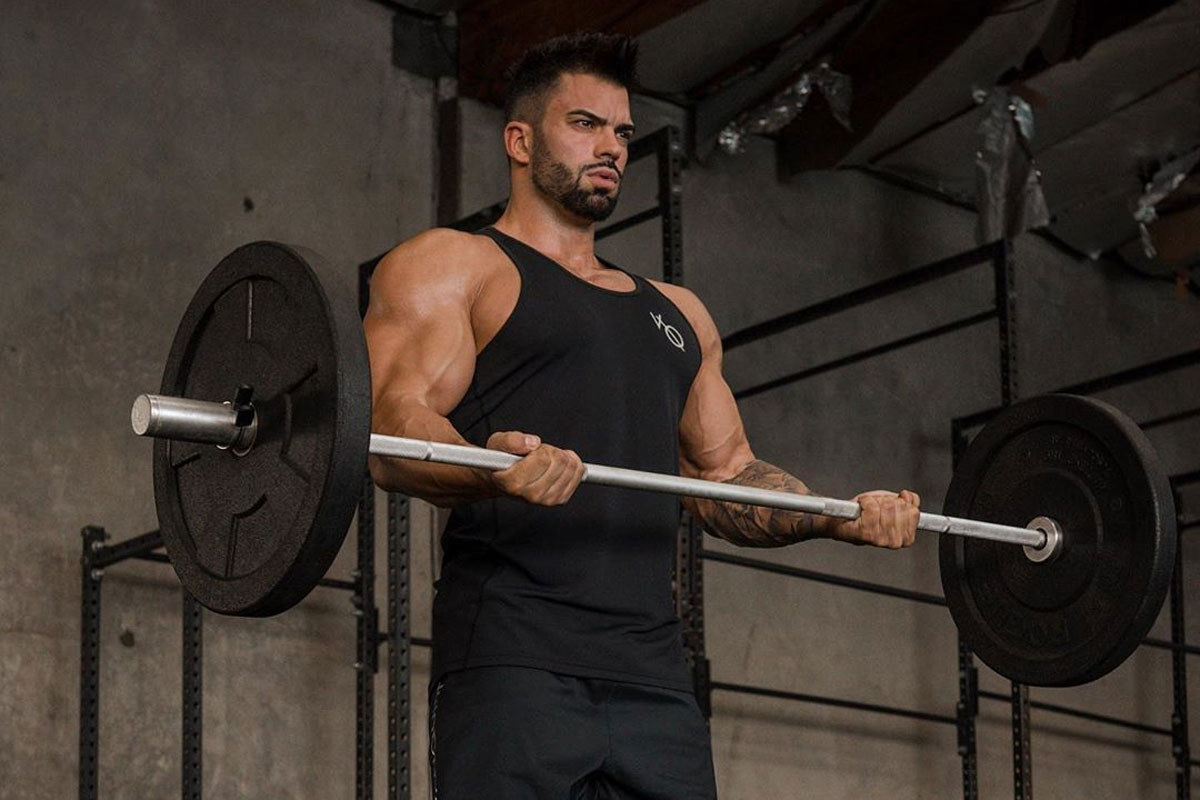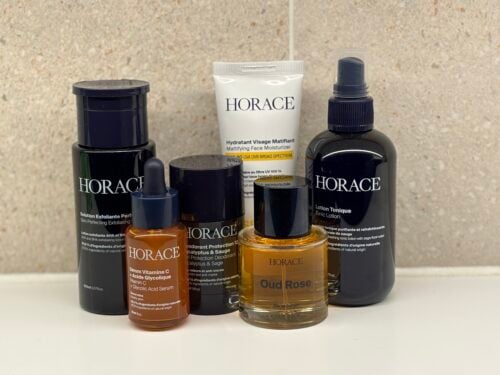6 of the best men’s waxed jackets from Barbour
Feb 23, 2026One 20-Minute Workout A Week Is Optimal For Strength Gains, Says Landmark Meta-Study
- Jul 5, 2024
- 0 Comments
570

A study has shown that one 20-minute workout per week optimises strength gains, suggesting many people have been significantly overtraining.
We all love hitting the gym, especially with the never-ending slew of celebrity workouts to keep us all inspired — take Paul Mescal’s word-and-sandals regimen for Gladiator 2 or Jeremy Allen-White’s Ancient Greek training plan that got him shredded for The Bear as prime examples.
However, a groundbreaking multi-year meta-study involving nearly 15,000 participants has revealed that, much as we might love getting in the gym, we may all have been overtraining for quite some time. Shedding new light on the effectiveness of a minimalist approach to strength training, the study, which focused on just one 20-minute workout session per week, revealed impressive strength gains, challenging conventional wisdom about the necessity of frequent, high-volume training.
How The Study Worked
The comprehensive study, published on SportRxiv, analysed data from the Dutch personal training company Fit20. Known for their short, intense 20-minute weekly workouts, Fit20 provided an extensive dataset from 14,690 clients who trained consistently for almost seven years.
The typical workout regimen included six machine-based compound exercises targeting the entire body, such as chest presses, leg presses, and pulldowns. Each exercise was performed for a single set to muscular failure, with each repetition lasting up to 20 seconds — that’s a long old rep if ever we’ve seen one. The load was incrementally adjusted to ensure failure was reached at around 4-6 reps, and rest periods were kept extremely brief, around 20 seconds a piece.
Key Findings
The study’s most striking result was the considerable strength gains achieved over time with this minimalist approach. Participants saw rapid improvements within the first year, followed by more gradual gains, as is common for anyone who decides to become a full-fledged gym rat. For instance, strength in the chest press increased by about 30% after one year and approximately 50% after seven years. Similar trends were observed for other exercises, with leg press strength increasing by nearly 70% over the same period.
These findings suggest that even minimal resistance training can yield substantial long-term benefits. While the initial gains were more pronounced, the study also highlighted the phenomenon of diminishing returns, a plateau effect that is not unique to minimalist training; it applies broadly to all long-term strength programs without sufficient variation.
Practical Takeaways
For the average person, the biggest thing to understand here is the value of the ‘minimal effective dose’ approach to strength training. Despite not necessarily being as effective as more frequent, high-volume training, the minimalist method still offers health benefits far above and beyond what many would have imagined.
Even if the gains seem modest compared to more intensive training programs, the efficiency of the minimalist approach is compelling, especially for those with limited time or resources, a 20-minute weekly workout that can still lead to meaningful improvements in strength and overall health will be of huge appeal and may coax more people into the gym and the healthier lifestyle it can encourage.
If you were considering hitting the gym but feared you didn’t have enough time to do it “property”, this is your sign to get in there; 20-minutes a week is all you need to make a meaningful change.
Publisher: Source link







